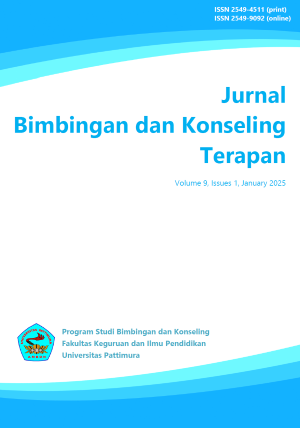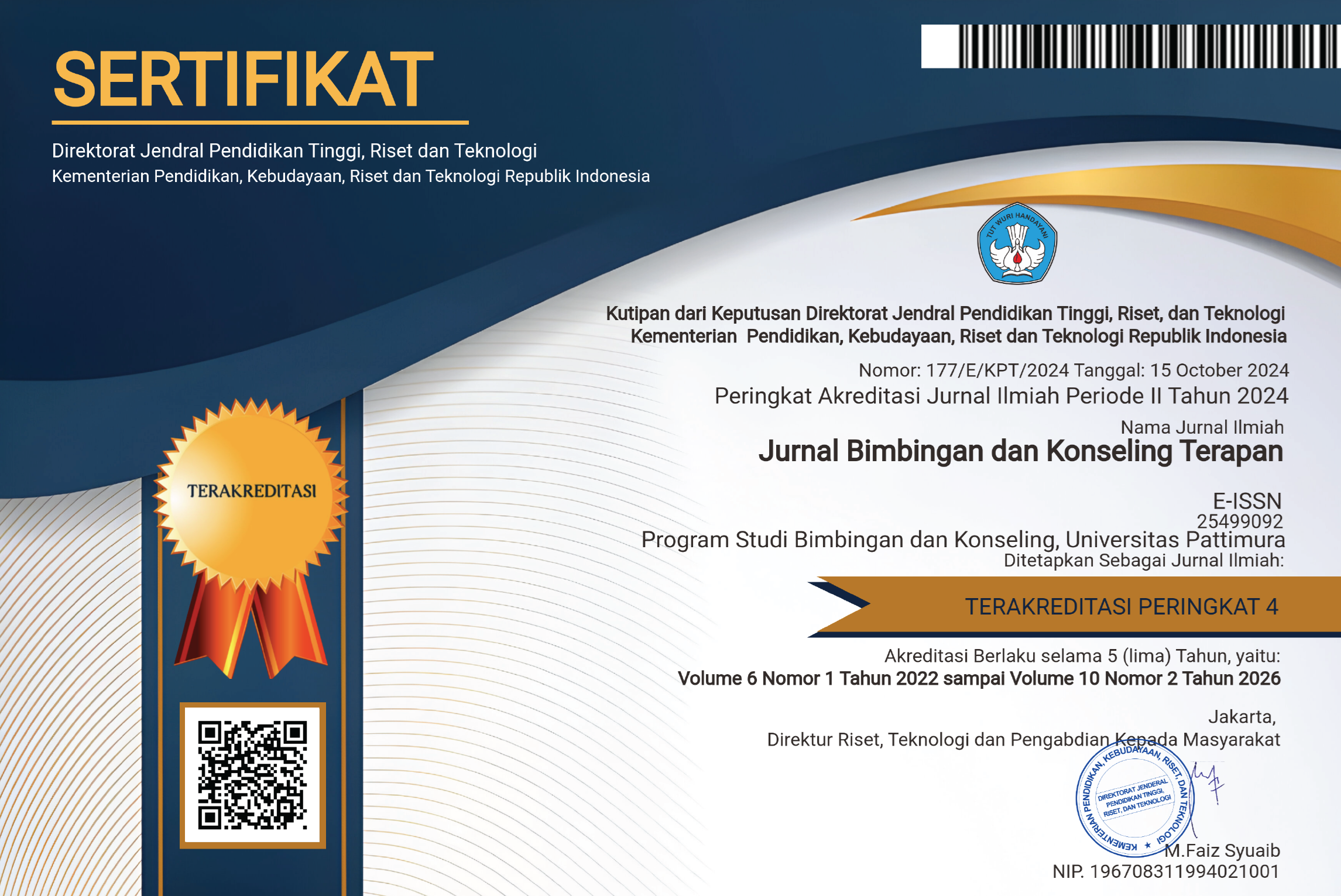From Trauma to Resilience: A Comprehensive Review of Counseling and Intervention Methods for PTSD
Abstract
Post-Traumatic Stress Disorder (PTSD) is a multifaceted mental health condition stemming from exposure to traumatic events, characterized by symptoms such as flashbacks, anxiety, sleep disturbances, and emotional instability. This study explores the complexities of PTSD, its symptoms, and impacts across psychological, physiological, and social dimensions. Utilizing a Library Research methodology, the study examines existing literature to identify gaps in age-specific interventions, the application of therapeutic approaches in non-clinical settings, and the role of family involvement in recovery. Effective treatments, including Eye Movement Desensitization and Reprocessing (EMDR) and Cognitive Behavioral Therapy (CBT), are highlighted for their success in reducing PTSD symptoms and fostering resilience. Counseling emerges as a critical intervention, particularly when combined with holistic approaches that incorporate spiritual and community support. The findings emphasize the need for comprehensive, multidisciplinary strategies to address PTSD’s wide-ranging effects, advocating for targeted interventions that align with developmental, contextual, and familial dynamics to enhance recovery and overall well-being.












